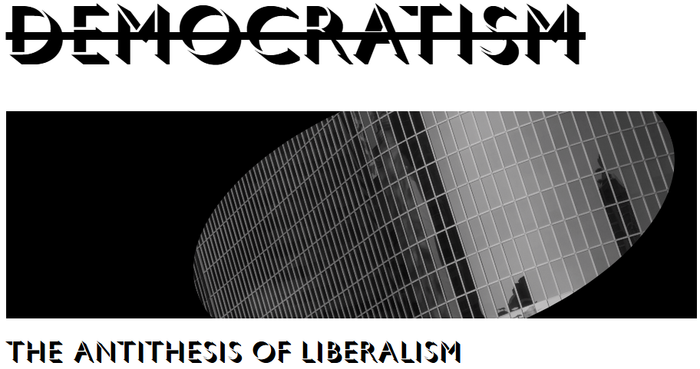Not About the Democratic Party
This criticism of democratism should not be confused with criticism of a specific group of people, such as a political party.
The problems we’re addressing are in the descriptions and the chosen definitions of the statement of an ideal, so it is much broader than a specific group of people. It’s also something that can be transmitted by words from person to person across parties, across time, and across borders.
Words and dramatic narratives make political ideas and ideals communicable. They are contagious.
For that reason, they are expressible.
Political ideas and ideals are explicable.
They must also be inspectable, interrogatable, and investigable.
We should look at political ideals as a cognitive package, a complex cognitive object. Any communication about that ideal contains a payload. We should always be able to inspect the payload.
The payload is a cognitive package that is expected to be unpackaged or unboxed, run as a process, and used in operations and activities.
That’s certainly what operatives and activists are expected to do.
Democratism is the dominant political ideal in popular culture today. It is much more pervasive than a single political party in a single country.
We should scrutinize it.
It hasn’t been scrutinized, which is why democratism is a word that is not in common usage. The ideal is so pervasive that it hasn’t even been given a name in the common culture.
Yet, we hear constantly repeated statements by broadcast media, such as the infamous “This is extremely dangerous for our democracy” multi-channel incantation.
Each of us should treat any such payload as possibly having a cognitive code smell. We don’t have to prove that it’s malware. It is enough for us to say “If I run the package called itIsExtremelyDangerousForOurDemocracy(), it could be used to attain privilege escalation”.
